The electoral consequences of third way welfare state reforms —— social democracy’s transformation and its political costs
----- 第三路的福利国家改革选举的后果:社会民主主义的转型和政治成本
In all advanced Western nations, policy-makers have implemented encompassing welfare state reforms in recent decades breaking with past welfare arrangements. In particular, social democracy engaged in significant policy change under the Third Way paradigm and broke with its traditional reputation on welfare that had built the ties with the core constituency in the 20th century. The Electoral Consequences of Third Way Welfare State Reforms: Social Democracy’s Transformation and its Political Costs provides a comparative study of the electoral consequences of Third Way welfare state reforms. The book demonstrates that Third Way reforms went against the social policy preferences of social democracy’s core voters and indeed produced an electoral setback for social democrats at the ballots.
{{comment.content}}
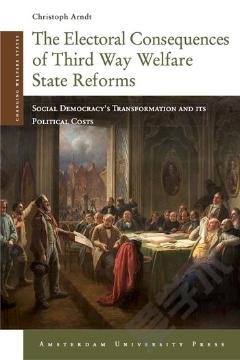
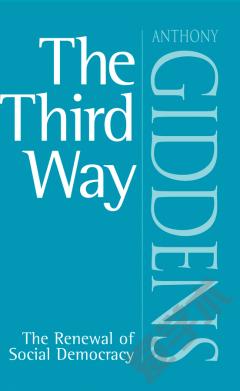
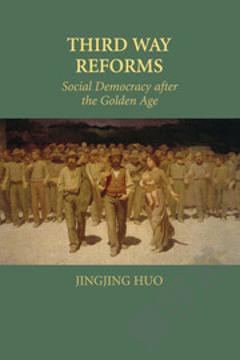


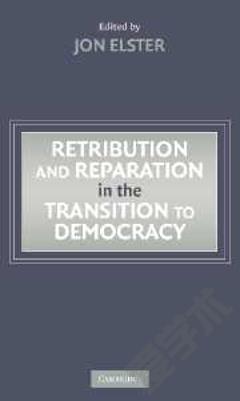
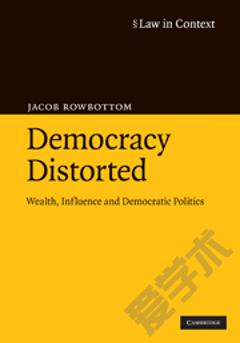

 京公网安备 11010802027623号
京公网安备 11010802027623号